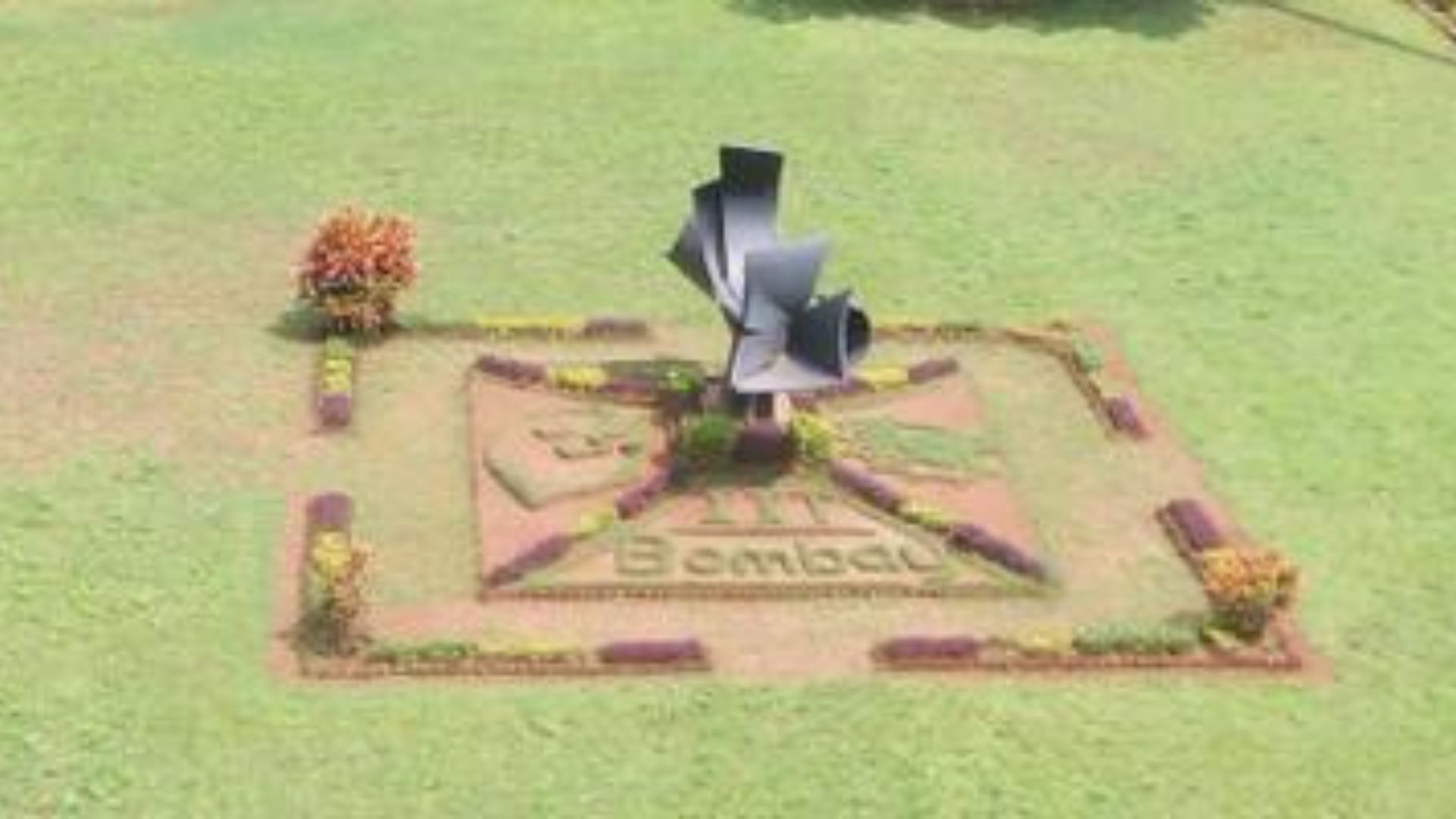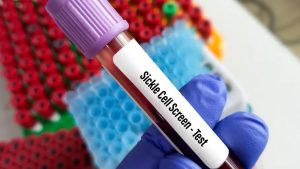Sharad Sanghi, an Indian Institute of Technology (IIT) Bombay alumni, has contributed an unknown sum to the institute for the establishment of a centre for ageing and neurological illnesses named after his late mother Sunita Sanghi. He signed a memorandum of understanding (MOU) with the institute in this respect last week, according to a statement issued by IIT Bombay on Monday.
Also Read | Suffering from migraines? Avoid these 5 foods
Sharad Sanghi, a 1989 BTech graduate, is the managing director of NTT Ltd, a technology services firm. According to him, neurological disorders are becoming a growing concern for elderly persons, threatening to deprive them of high quality of life in their golden years. “The development of such diseases is traumatic for both the sick individual and their loved ones.” “This donation is a homage to my late mother, Mrs Sunita Sanghi, and an effort to enable the Institute’s proposed Centre of Ageing and Neurodegenerative Diseases,” he explained. He described the Centre as an effort to ensure that neurodegenerative illnesses in the elderly are recognised and treated in a timely way to improve outcomes.
Also Read | WHO adds arthritis drug to COVID medicines list for severe cases
A lack of reliable biomarkers and disease-modifying medicines that may aid in early diagnosis has been a key impediment in the treatment of neurological illnesses. Because there is no cure, the existing therapeutic options merely provide symptomatic relief. Early identification and intervention are critical for improving the management of neurological illnesses such as Parkinson’s disease.
The Centre will focus on diagnostics and early detection of ageing and neurodegenerative illnesses, drawing on the expertise of IIT Bombay’s Department of Biosciences and Bioengineering and an interdisciplinary approach.
Also Read | Calcium deficiency: Required intake, early signs and how to prevent
It is intended that the Centre would concentrate on the development of instruments and biomarkers for the early identification, diagnosis, and prognosis of age-related neurological illnesses. It will also make research programmes easier.
Subhasis Chaudhuri, director of IIT Bombay, believes that as the Indian population ages and its development slows, the burden of neurological disorders would rise. “Early identification and delaying the onset of such diseases will be critical levers toward successful therapy…this Center will go a long way toward assisting us in overcoming this issue.” This contribution will allow us to begin this journey, and we are grateful to him for his generosity.”







